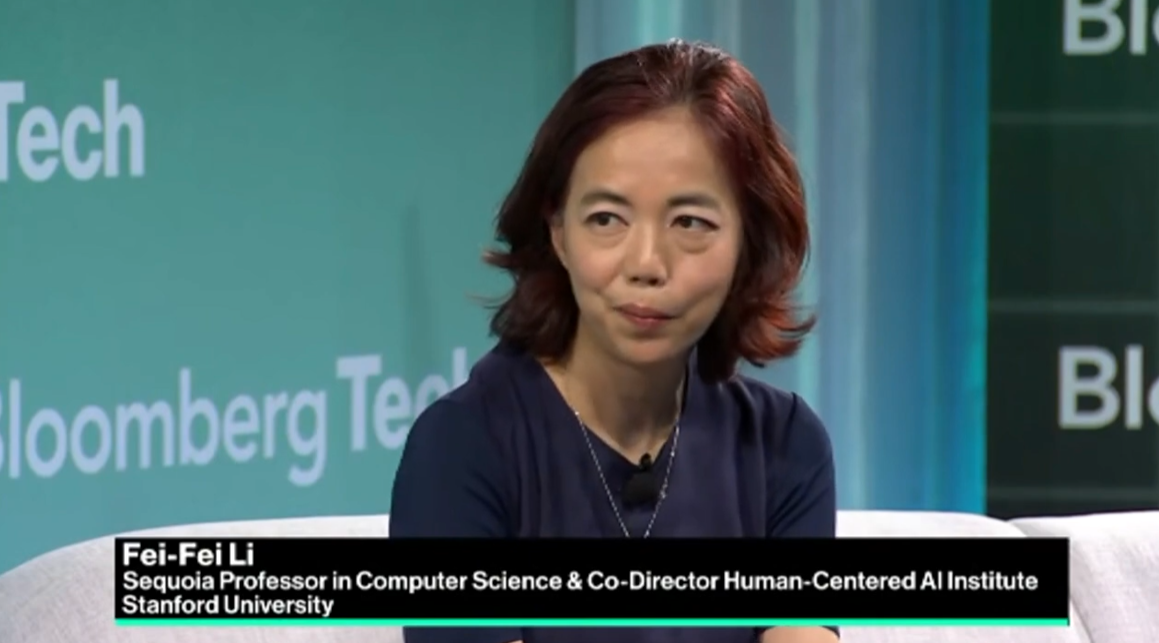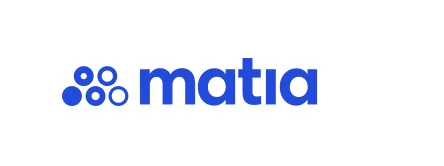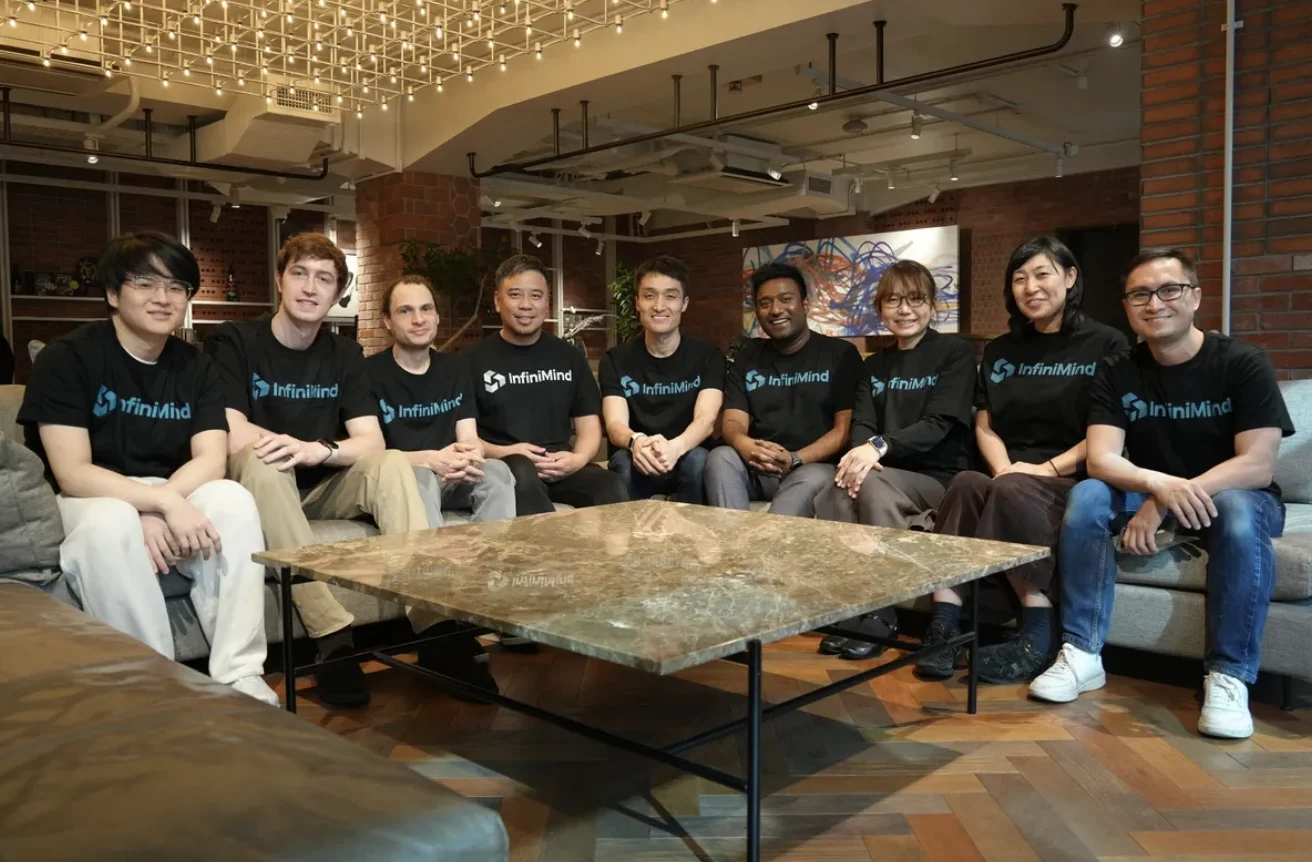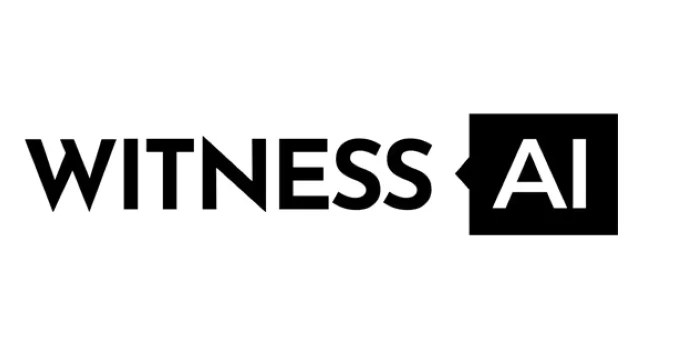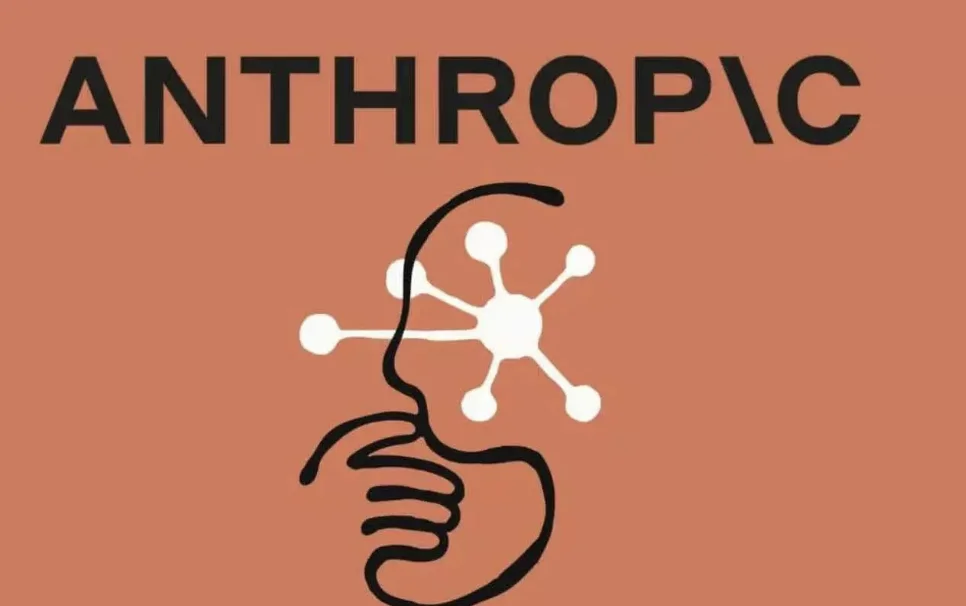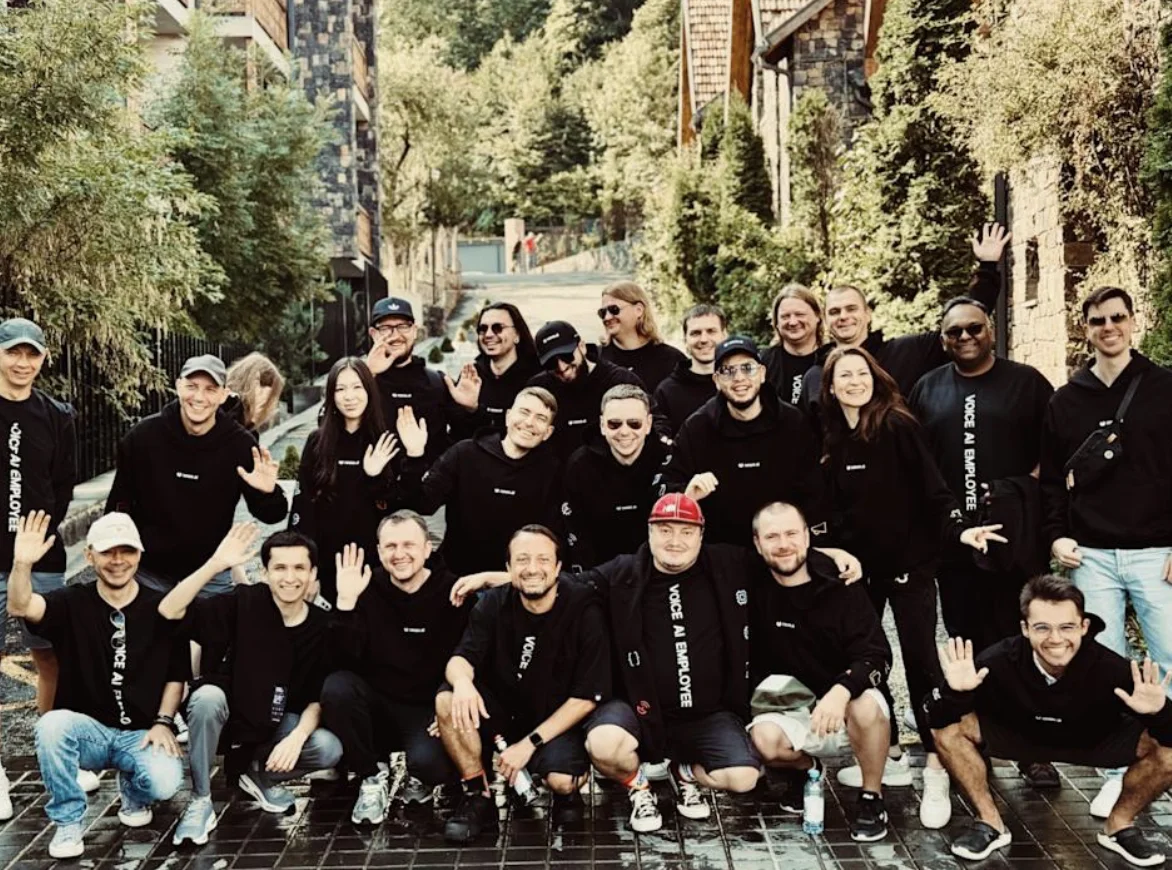Leave it to humanity to turn one of the most potentially transformative technologies into a source of existential angst. Artificial intelligence (AI) has sparked breathless scenarios (yawn, yawn, yawn) of machine overlords subduing our species — enough doomsaying to make even Skynet blush, it seems.
Amidst the hype and fear, reasoned voices like Fei-Fei Li’s cut through the noise. As the esteemed Stanford professor puts it in a recent Bloomberg interview: “Recognize this technology, what it is, and how to use it in the most responsible and thoughtful way.”
Li, a pioneering leader who created ImageNet (the dataset that “laid the foundation for modern AI”), advocates a balanced perspective.
“Embrace it because it’s a horizontal technology that is changing our civilization, is bringing good, is going to accelerate scientific discovery and will help us find cures for cancer, she said, though she also recognizes all the consequences and potentially unintended consequences.
“I worried about catastrophic social risks that are much more immediate. I also worry about the overhyping of human extinction risk. I think that is blown out of control,” said Li on the potential risks from AI. She did elaborate, however, that compared to the actual social risks, such as the disruption of disinformation and misinformation to the democratic process, shifts in the labor market, or issues related to biased privacy, these represent real social risks that impact the lives of real people.
The “human extinction” rhetoric tends to drown out practical concerns around AI’s negative impacts in areas like privacy, bias, and disinformation in democracies according to Li. As she framed it: “We’re talking about gloom and doom, and it’s also just a few people talking about gloom and doom. And then, you know, the media is amplifying that.”
Another underexplored issue Li highlighted is the lack of diversity in AI.
“If we don’t hear from them, we’re really wasting human capital, right? These are brilliant minds and innovators and technologists and educators, inventors, scientists,” she said, before adding: “well, not giving them the voice, not hearing their ideas, not giving them, not lifting them wastes our collective human capital.”
Despite the risks, Li remains optimistic about AI’s potential when guided by human values and collective responsibility.
“My hope is in people,” she remarked. “We’re moving. Many of us are working towards moving to make this a trustworthy civilizational technology that can lift all of us.”
On the transparency front, Li believes “it’s important that we advocate for that kind of open ecosystem” while nuancing that “we should look at the proper guardrail” in certain high-stakes domains.
Li sees the public sector and academia as playing a vital role in guiding AI’s development.
“We talk about resourcing our public sector because that is the innovation engine of our country,” she said. “It produces public good, it produces scientific discoveries, and it produces trustworthy, you know, responsible evaluation and explanation of this technology for the public.”
By prioritizing responsible development anchored in human flourishing, Li sees AI as a catalyst for scientific breakthroughs and elevated quality of life. Her message reframes the discourse — AI is a powerful tool to be purposefully harnessed, not a faceless menace.
As one of the preeminent voices in the field, Li advocates mitigating risks without sacrificing the immense beneficial potential. Doom and gloom may make for sensational headlines, but her educated perspective ensures AI’s narrative doesn’t veer into dystopia.
At least not yet, anyway.
Featured image: Credit: Bloomberg
